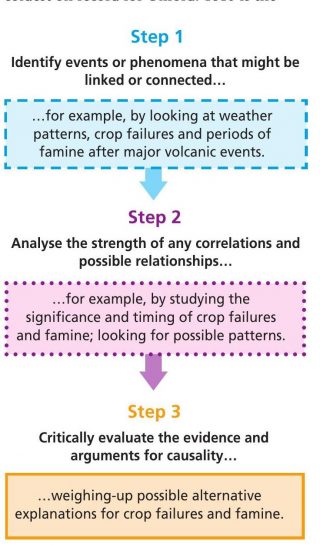
The world’s 7 billionth person was born on 31 October 2011 (Figure 1). Is this landmark event good news or bad news for the global economy and environment? An age-old debate has been re-ignited about whether population growth is a blessing, a burden, or both. This time around, a new concept called the demographic dividend is helping to frame the debate.
A country’s fertility rate (the average number of children a woman gives birth to) falls during the demographic transition. The result is fewer dependent children and relatively more productive teenagers and adults in the population. A large body of young, healthy and aspirational people can boost economic growth, provided there is investment in education and employment, and little emigration or state corruption.
Your organisation does not have access to this article.
Sign up today to give your students the edge they need to achieve their best grades with subject expertise
Subscribe




